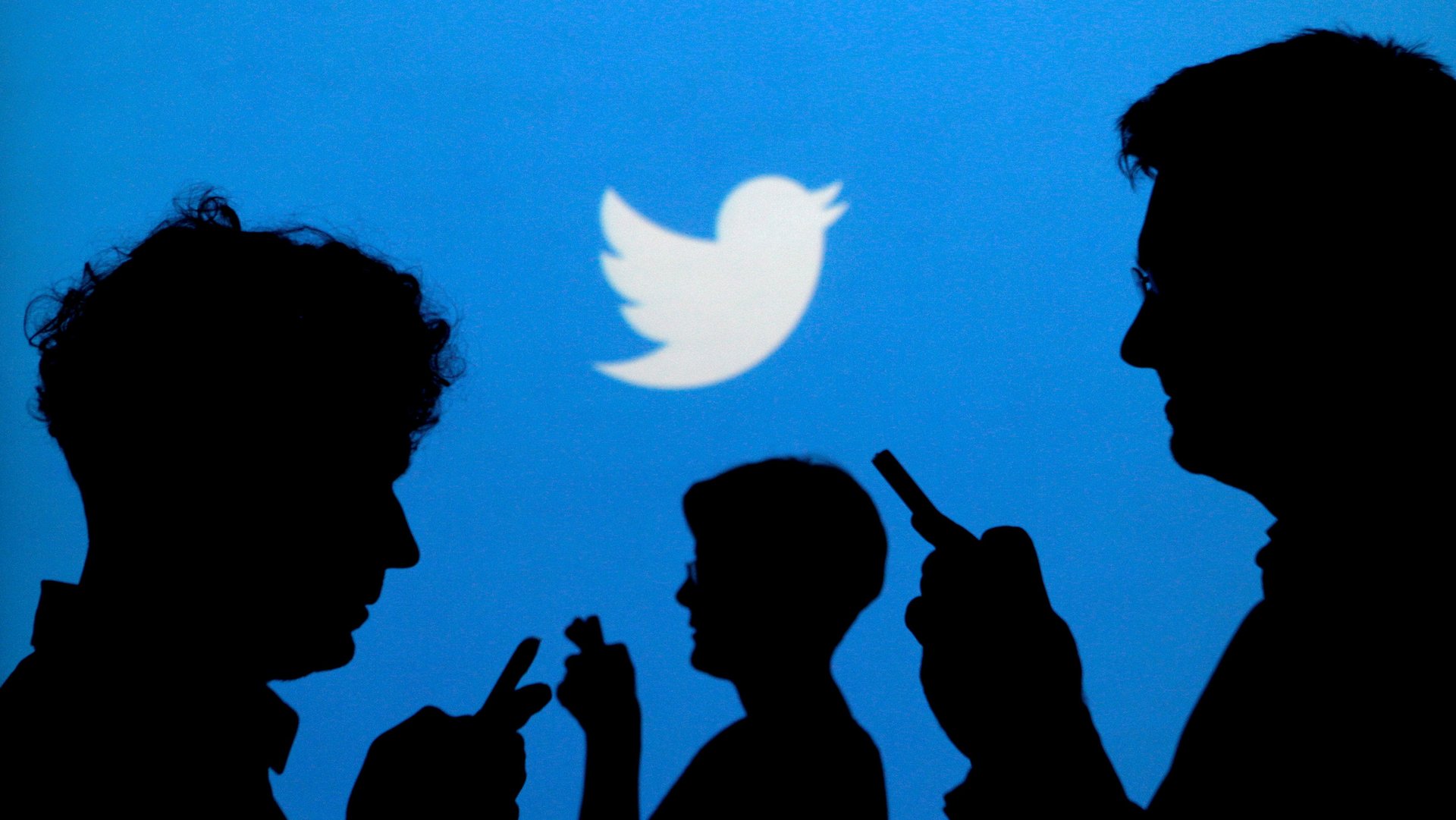Should CEOs ever use Twitter?
Given the firestorm Tesla CEO Elon Musk has stoked with his Twitter account, it’s worth asking: Should chief executives ever use the microblogging website? Corporate bosses, after all, have busy schedules and the means to hire professional teams to speak for them. While Twitter may seems all pervasive at times, plenty of industry titans don’t use it.


Given the firestorm Tesla CEO Elon Musk has stoked with his Twitter account, it’s worth asking: Should chief executives ever use the microblogging website? Corporate bosses, after all, have busy schedules and the means to hire professional teams to speak for them. While Twitter may seems all pervasive at times, plenty of industry titans don’t use it.
Social media gives high-profile figures an unfiltered line of communication to the broader public—Donald Trump told the Financial Times (paywall) last year that he wouldn’t be in office without it. Musk, however, underscored the risks of such unfettered access when he tweeted that he was considering taking the electric car maker private. Not long after, he had to backtrack on the claim and is reportedly being investigated (paywall) by the US Securities and Exchange Commission.
Analysts at Loup Ventures recently suggested that Musk delete his account. It’s certainly not essential for running a big company: Roughly half of the CEOs running the biggest US publicly-listed firms don’t have a personal Twitter handle.
So when should CEOs take matters into their own hands with a tweetstorm? Quartz traded emails with Jim Macnamara, a professor of public communication at the University of Technology Sydney (and visiting professor at the London School of Economics), about when and whether to tweet. The conversation has been edited and condensed for clarity.
Quartz: Has social media been helpful for companies trying to get out their message? Has it made them worse off?
Macnamara: Since the first printing press there has been a tendency to blame media for problems that arise in public communication and public opinion. The reality is, more accurately, that politicians, company CEOs, and others get into trouble in media—traditional or social—when they have done something stupid, unethical, or damaging. It is rare for media to make something up.

So, in answer to the question—are companies better or worse off with social media—the answer is it depends. It depends on how they are performing and behaving. If they are doing a good job and acting ethically, they are likely to find mostly positive discussion offline and online. But if they screw up, then social media have expanded the mediascape and sped up communication to the extent that they can unleash a firestorm of criticism instantly.
Not to pick on Elon Musk, but is it fair to say he’s doing it wrong?
If you’re not doing things right, going public in social media is not going to make things right. In fact, it is likely to leave you open to wide public condemnation. If you are doing right, go tell the world.
When should a CEO or other exec leave things to the company Twitter handle or PR team?
General announcements are typically issued by a PR person or team. CEOs and senior executives do not have the time, or often the skills, to be writing news releases or social media posts, attaching images, etc. Many announcements are releases of financial results or the opening a new store or factory. PR teams also have to monitor social to be able to respond to questions and comments—they are two-way media. Basic responses with facts can be reasonably handled by PR/comms teams.
But when it comes to statements that are presented as being from the CEO, these should be written by the CEO to have authenticity.
Can an executive’s own social media posts serve as a crisis-management tool? A sign of leadership?
Yes, there are times when people want to hear from the top. On major issues, in crises, the CEO and politician are expected to face up to the traditional media, and they should directly address their stakeholders and constituents in social media.
In reality, many of the same rules apply to social media as to traditional media—be open, be honest, be authentic.
For a growing company, when is it time to hire a PR team?
There is no rule. It obviously depends on how fast a company is growing and what level of public interest there is in its activities. Any company or organization that is involved in issues of major public interest usually finds it necessary to hire PR advisers and/or staff. They need this for two reasons:
- To handle the sheer volume of media calls, social media comments, invitations to comments or give speeches, etc., that come in.
- To provide communication advice. Surprisingly, many senior executives are not good communicators—especially in the case of technical fields such as engineers, IT specialists, scientists, and the like. They need help in writing for a lay audience, in learning to speak succinctly (e.g., for TV grabs), and in understanding media protocols (e.g., what “off the record” means and when it might be applicable; when an exclusive applies, and how to talk to the audience, not the journalist).
There is one other use of PR that ethical communication specialists do NOT recommend. That is in the case of a company or organization that gets itself into trouble or is behaving badly, such as damaging the environment or treating customers poorly, and hires a PR firm to try to cover things over.
There is, unfortunately, a “dark side” of public relations that accepts such briefs and carries out such activities, but ethical PR practice is about building and maintaining relations with key publics. And you don’t do that long-term by lying, spinning, covering things up, or obfuscating. Even in a crisis, ethical PR textbooks and guides advocate to “tell it like it is.”